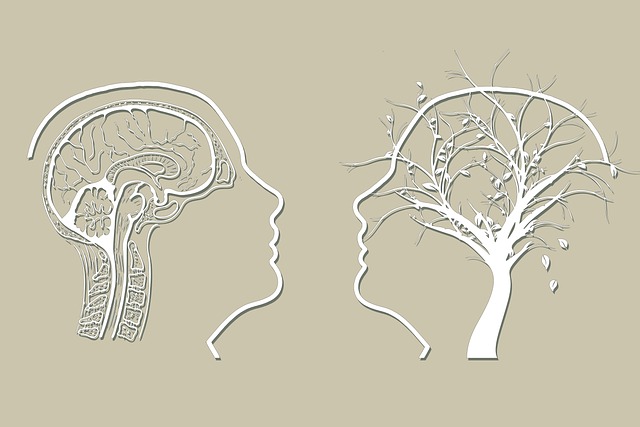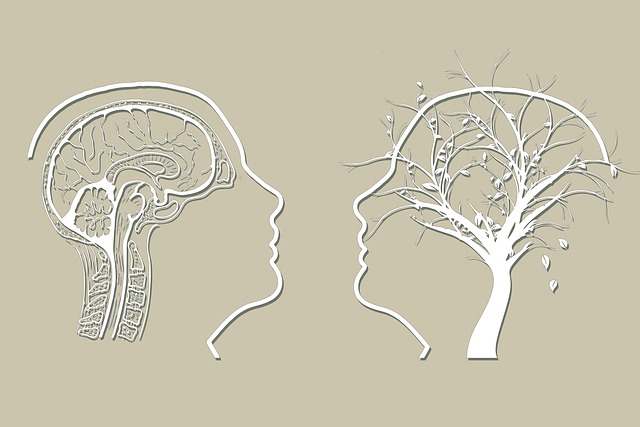Positive thinking, as promoted by Parker Major Life Transitions Therapy, is a powerful tool for emotional healing and personal growth during life transitions. This therapy combines cognitive-behavioral techniques with empathetic guidance to help individuals manage challenges like new jobs or personal losses. Daily exercises such as gratitude journaling, positive self-talk, and mindfulness meditation reframe negative thoughts, improve mood regulation, and enhance mental wellness, fostering resilience and an optimistic mindset. Parker's approach emphasizes goal setting, progress tracking, and community outreach to reinforce positive thinking practices and facilitate better life transitions.
Positive thinking exercises have emerged as a powerful tool for enhancing well-being. This article explores the transformative potential of cultivating optimism and its profound impact on mental health, especially during major life transitions. We delve into Parker Major Life Transitions Therapy, an evidence-based approach that leverages positive psychology to navigate challenging times. Learn how to integrate these exercises into daily routines and discover methods for measuring success while fostering a lasting positive mindset.
- Understanding Positive Thinking and Its Impact on Well-being
- Parker Major Life Transitions Therapy: An Overview
- Integrating Positive Thinking Exercises into Daily Routine
- Measuring Success and Sustaining a Positive Mindset
Understanding Positive Thinking and Its Impact on Well-being

Positive thinking is a powerful tool that can significantly influence one’s overall well-being and mental resilience. It involves a conscious shift towards optimism and gratitude, even in challenging situations. This concept has gained prominence in various therapeutic approaches, such as those offered by Parker Major Life Transitions Therapy, where fostering positive thoughts is seen as an essential aspect of emotional healing and personal growth. By adopting positive thinking exercises, individuals can learn to navigate through life’s ups and downs with increased resilience and a more optimistic outlook.
This practice is particularly beneficial during major life transitions when people often face stress, anxiety, or depression. Emotional well-being promotion techniques like positive self-talk, affirmations, and reframing negative thoughts can help individuals adapt to change, boost their mood, and enhance their overall quality of life. Integrating these practices into daily routines encourages self-care, fostering a sense of control and empowerment. Moreover, public awareness campaigns development centered around positive thinking can contribute to building resilient communities and improving mental health support on a larger scale.
Parker Major Life Transitions Therapy: An Overview

Parker Major Life Transitions Therapy is a specialized approach designed to guide individuals through significant life changes with resilience and positive mindset shifts. This therapeutic intervention recognizes that major transitions, whether it’s a new job, relocation, or personal loss, can be emotionally taxing. By combining evidence-based techniques from cognitive-behavioral therapy with compassionate support, Parker helps clients navigate these challenges.
The therapy focuses on several key areas, including empathy building strategies to foster deeper understanding and connection. Effective communication strategies are taught to enhance self-expression and interpersonal relationships. Additionally, cultural sensitivity in mental healthcare practice is at the forefront, ensuring that diverse backgrounds and perspectives are respected and integrated throughout the therapeutic process. Through these comprehensive approaches, Parker Major Life Transitions Therapy empowers individuals to embrace change constructively, cultivating a positive outlook for their future.
Integrating Positive Thinking Exercises into Daily Routine

Incorporating positive thinking exercises into your daily routine can be a powerful tool for navigating life’s challenges and transitions. This practice, often recommended by therapists like Parker, is especially beneficial during major life changes when emotions can run high. By dedicating just a few minutes each day to these exercises, individuals can improve their mood management skills and foster mental wellness. Simple practices such as gratitude journaling, positive self-talk, or mindful meditation allow for a shift in perspective, helping to reframe negative thoughts into more constructive ones.
Regular engagement with these activities can serve as a form of depression prevention, offering a proactive approach to maintaining emotional balance. Integrating them seamlessly into your routine may involve setting aside dedicated time each day—whether it’s early morning or before bed—to engage in these practices. Over time, this becomes a habit that supports overall mental health and resilience, empowering individuals to face life’s twists and turns with a more positive mindset.
Measuring Success and Sustaining a Positive Mindset

Measuring success is a crucial aspect of any positive thinking exercise, especially when considering Parker’s Major Life Transitions Therapy. By setting clear and achievable goals, individuals can track their progress and celebrate milestones. This process involves assessing emotional well-being promotion techniques that have been employed and their effectiveness in maintaining a sustained positive mindset. Regular reflection allows for adjustments to be made, ensuring the practice remains beneficial over time.
The Community Outreach Program Implementation plays a vital role in reinforcing Mind Over Matter principles. By engaging with others and sharing experiences, individuals can gain different perspectives on managing challenges, fostering resilience, and cultivating optimism. This collective approach enhances emotional resilience, making it easier to navigate life’s transitions while maintaining a positive outlook.
Implementing positive thinking exercises, such as those utilized in Parker Major Life Transitions Therapy, can significantly enhance overall well-being. By integrating these practices into daily routines, individuals can navigate life’s challenges with greater resilience and optimism. Measuring success involves consistent self-reflection and an emphasis on sustaining a positive mindset, which, over time, fosters personal growth and improved mental health.














